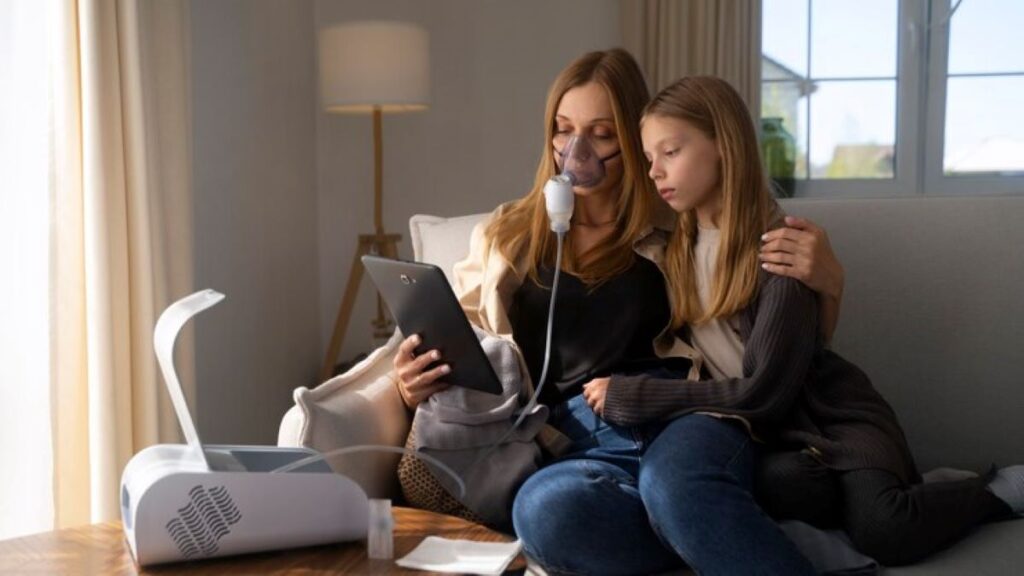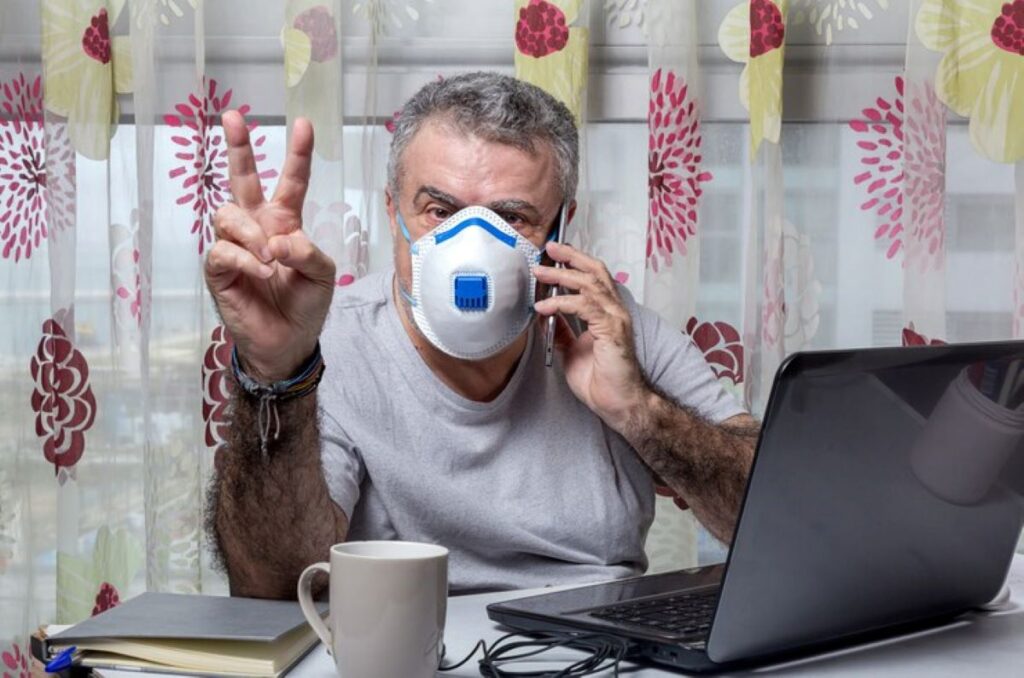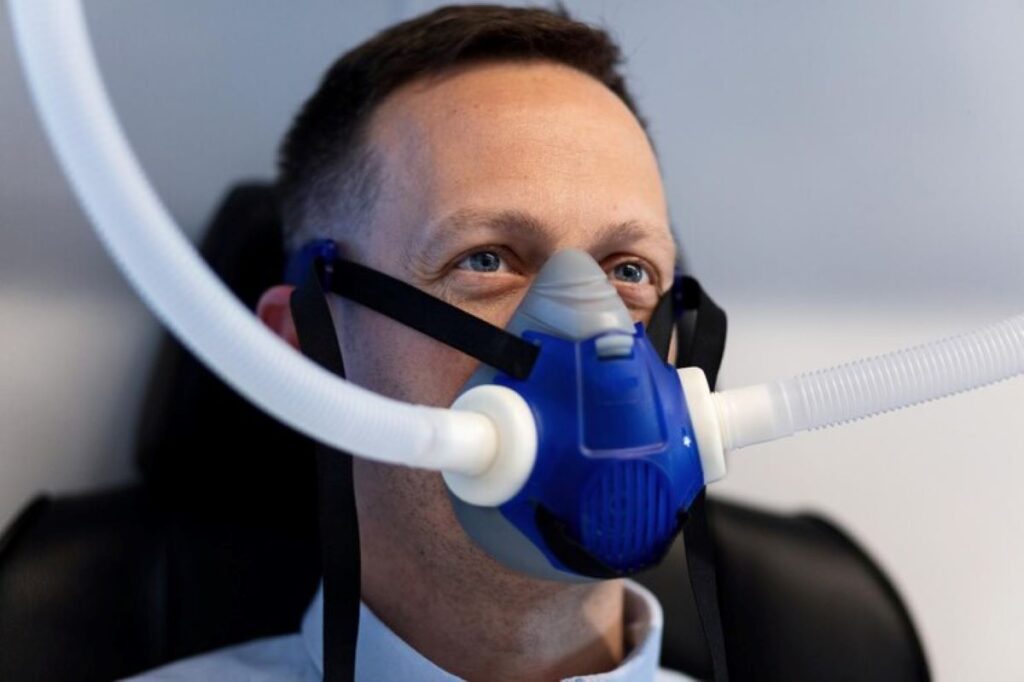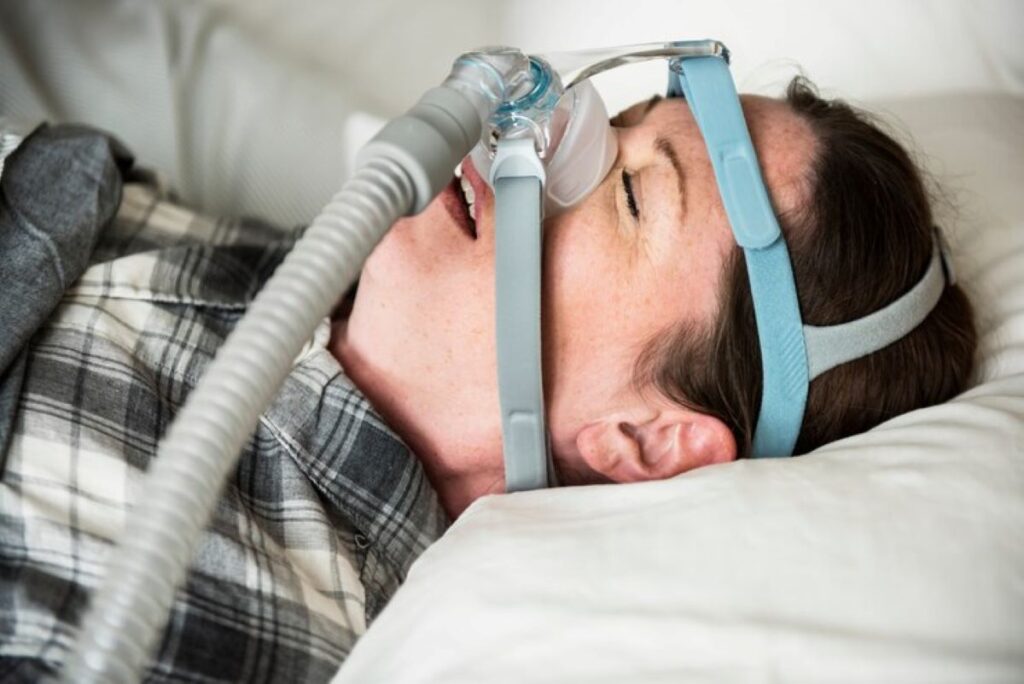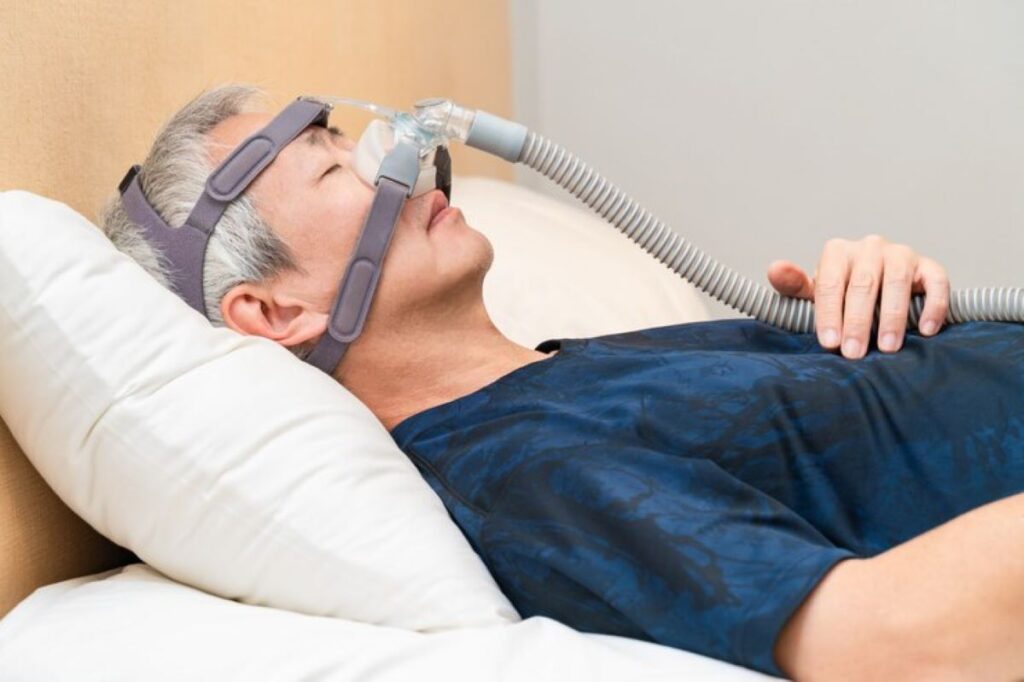For many people, the slow loss of vision from cataracts feels like a fog creeping in—gradual, frustrating, and at times frightening. You may find yourself switching to stronger reading glasses, turning on brighter lights, or avoiding nighttime driving altogether. But here’s something important to know: no amount of glasses can reverse a cataract.
As a caring eye doctor, I often sit across from patients who ask, “Isn’t there another way to fix this without surgery?” I understand the worry. The idea of any surgery—especially on the eyes—can feel overwhelming. But the truth is, cataract removal through surgery is the only proven way to restore vision once a cataract develops.
Let’s take a closer look at what that journey looks like, especially during those important first 30 days after surgery, and why so many patients say, “I wish I’d done it sooner.”
Why Glasses Can’t Fix Cataracts
Cataracts are not a problem with your prescription—they’re a physical change inside your eye. Over time, the lens of your eye becomes cloudy, blocking and scattering light. Glasses can help in the early stages by compensating for other vision problems, but once the cataract progresses, lenses won’t make a difference.
It’s like trying to clean a dirty window by adjusting your binoculars—it just doesn’t work. The only way to truly fix it is by replacing the cloudy lens with a clear one. That’s exactly what cataract surgery does.
What Happens After Cataract Removal: A 30-Day Journey
Week 1: The First Few Days
The day after cataract surgery often feels like waking up in a new world—one that’s brighter and more vivid. But it’s also normal to feel some mild discomfort, like itching or sensitivity to light. Your eye might water a bit or feel gritty, as if there’s a speck of dust in it.
You’ll be given eye drops to help prevent infection and reduce swelling. Using them exactly as prescribed is important for healing. During this week, we recommend taking it easy—no heavy lifting or bending over. Avoid rubbing your eyes and wear your protective shield while sleeping.
Your first follow-up visit usually happens within 24 to 48 hours. It’s a quick check to make sure everything’s healing as it should.
Week 2: Adjusting to Clearer Vision
By now, you’ll likely start to notice more meaningful changes. Maybe you’re reading a book without squinting. Maybe the colors on your favorite show look crisper than you remembered. Even going for a walk feels easier when the world isn’t hidden behind a haze.
This is also when emotions start bubbling up—relief, joy, even a bit of disbelief. “I didn’t realize how much I was missing,” one of my patients told me, fighting back tears. It’s a common reaction.
You can resume light activities during this week: gentle walks, light housework, and short periods of reading or watching TV. Just don’t overdo it.
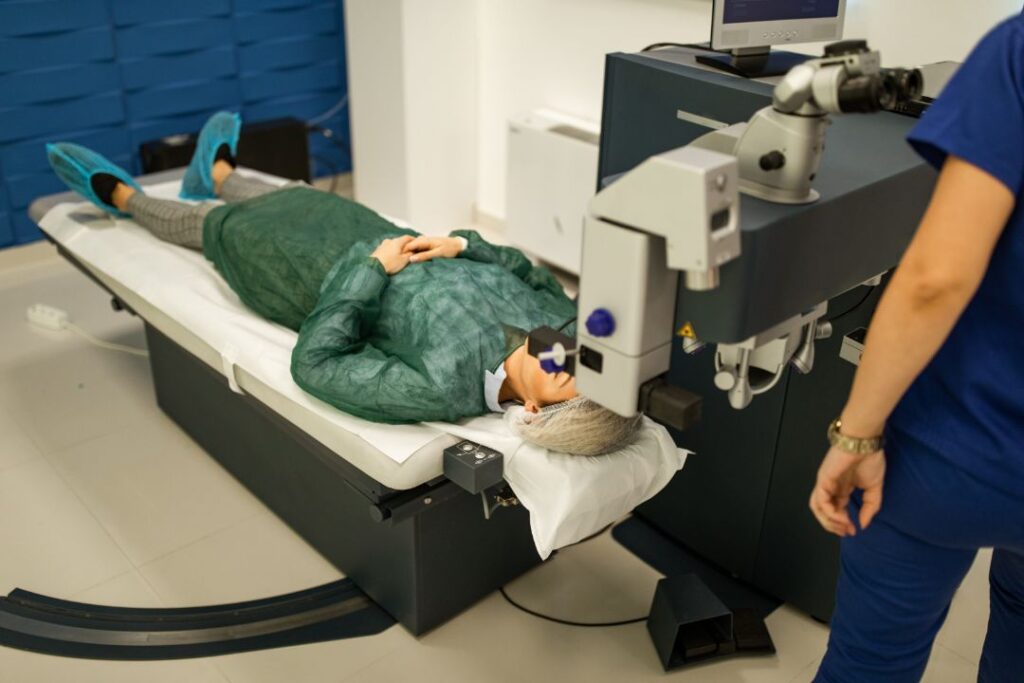
Week 3: Gaining Confidence
Your confidence begins to return in week three. Vision continues to improve, and you may feel comfortable resuming activities like driving (with your doctor’s approval). Night vision tends to get better, and those halos or glares you might’ve seen earlier often begin to fade.
Some people notice a difference between their treated eye and untreated one if they’ve only had one done. That’s normal. Once both are treated, the balance usually feels much more natural.
There may still be slight discomfort—maybe a little dryness or occasional blurriness—but overall, most people are feeling much better by this point.
Week 4: Seeing the World Differently
At the one-month mark, your vision will likely stabilize. You’ll visit your doctor again for a check-up, and together you’ll decide whether glasses are still needed. Some people don’t need them at all after surgery, while others may only need reading glasses.
Many patients tell me the world feels different—more colorful, more alive. Greens look greener. Blues are richer. Sunrises seem painted with sharper edges and deeper hues. It’s not uncommon for someone to say, “I didn’t know how dim things had become until I could see again.”
Frequently Asked Questions
“Can I rub my eyes after surgery?”
It’s best not to. Your eye is still healing, and rubbing it could cause complications. If it’s itchy, use the prescribed drops or gently pat around your eye.
“Will my vision keep improving?”
Yes, most people continue to see gradual improvement for several weeks. Some notice quick changes in a day or two, while others see a steady climb over the month.
“What if one eye feels different than the other?”
That’s normal, especially if only one eye has been treated so far. Once both eyes have undergone cataract removal, they typically align more evenly.
Why Waiting Isn’t Worth It
I want to gently emphasize something here: delaying cataract surgery often means living with more risk and frustration than necessary. People who wait too long often suffer from unnecessary falls, dependence on others, and diminished quality of life.
You deserve to see the faces of your loved ones clearly. To enjoy books, hobbies, and walks in the park. To feel safe behind the wheel. Cataract removal gives you that opportunity—and the peace of mind that comes with it.
Conclusion: You Don’t Have to Settle for Foggy Days
There’s no shame in being nervous. Surgery is a big decision. But it’s also one of the most rewarding ones you can make for your vision and independence.
Glasses might help for a little while, but they can’t remove the cloud caused by a cataract. Only surgery can do that—and today’s cataract surgery is safe, quick, and often life-changing.
If you or someone you love is wondering whether it’s time, talk to your eye doctor. Ask questions. Learn your options. And when the time feels right, know that a clearer, brighter world is waiting just beyond the blur.
You’re not alone in this journey—and the first step starts with hope.



